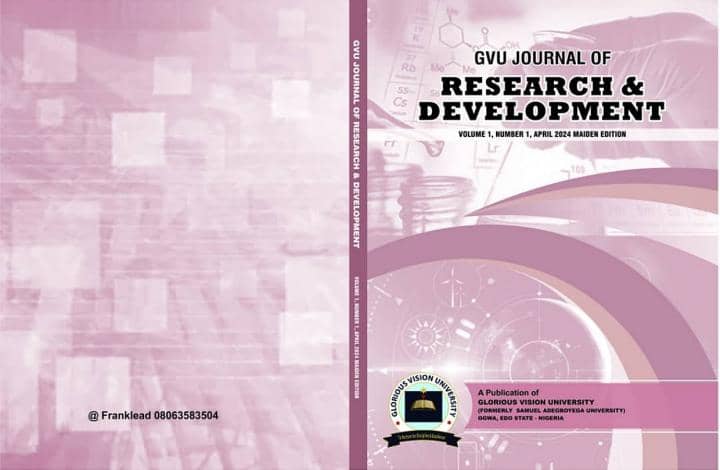Communication and Contributions of Science, Technology and Innovation Agencies to Nigeria’s Development
DOI:
https://doi.org/10.5281/zenodo.14031685Keywords:
Techno-science, Organisations, Popularisation, New Growth Theory, Developing NationAbstract
This discourse explores the use of communication, among other means, to disseminate the contributions of The National Biotechnology Development Agency (NABDA), the National Space Research Development Agency (NASRDA), the National Agency for Science and Engineering Infrastructure (NASENI), and the National Office for Technology Acquisition and Promotion (NOTAP) to national development in Nigeria. Grounded in the new growth theory, which emphasizes the pivotal role of Science, Technology, and Innovation (STI) in socio-economic development, this article draws on various data sources, including recent in-house publications, STI agency websites, other internet sources, peer-reviewed journals, and interviews with key agency spokespersons. The discussion demonstrates that these four agencies significantly contribute to economic, social, and cultural development, supporting food security, education, health, environmental improvement, and national security. Specific contributions are highlighted; however, the impact could have been greater were it not for challenges such as poor communication strategies, lack of funding, unstable leadership, policy reversals, and a shortage of partnerships and collaborations with industries, government, media, community, academia, and the public. A key recommendation is the urgent need for STI agencies in Nigeria to develop a consistent, deliberate, and sustained communication strategy that effectively showcases the contributions of STI agencies to national development, making them clearer, more accessible, and more widespread for use in policy formulation, decision-making, and the pursuit of sustainable national development goals.

Downloads
Published
How to Cite
Issue
Section
License
Copyright (c) 2024 Iniobong C. Nda, PhD, Herbert E. Batta, PhD, Prof. Charles D. Obot, Prof. Nnamdi T. Ekeanyanwu

This work is licensed under a Creative Commons Attribution 4.0 International License.

